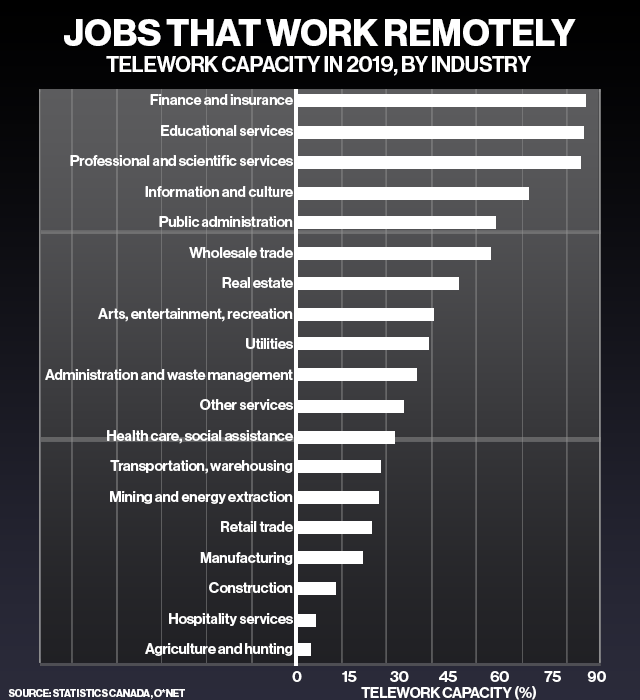Re: The future of work
In Canada, assuming your employer signs a specific document, employees can claim a significant Federal tax deductions equal up to 1/6th of your verifiable home office expenses. Such as up to 1/6th of your rent/ mortgage. electricity, heat, internet, etc.
In Canada, assuming your employer signs a specific document, employees can claim a significant Federal tax deductions equal up to 1/6th of your verifiable home office expenses. Such as up to 1/6th of your rent/ mortgage. electricity, heat, internet, etc.

Comment